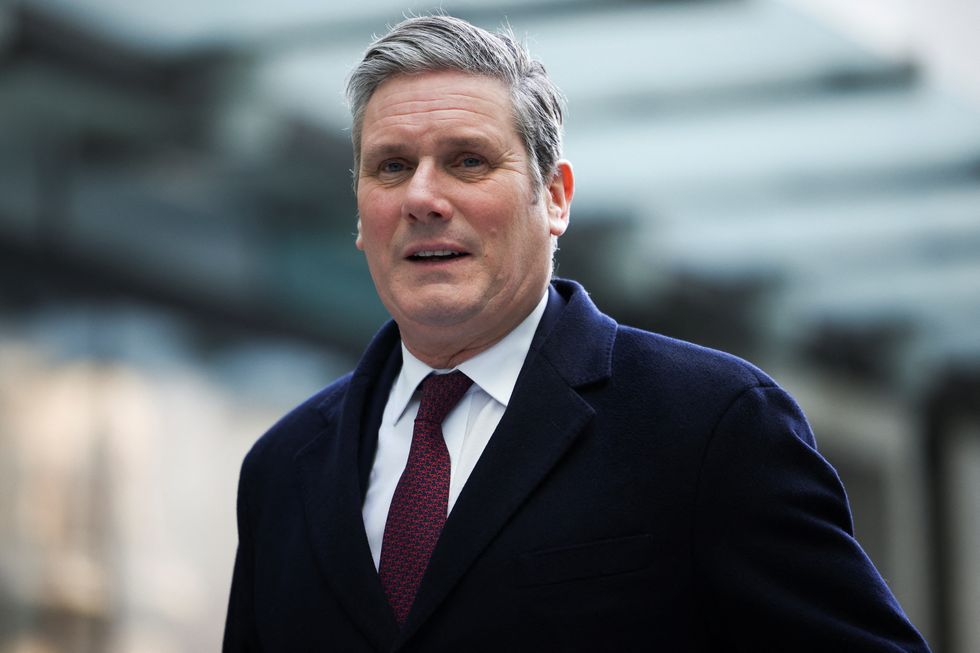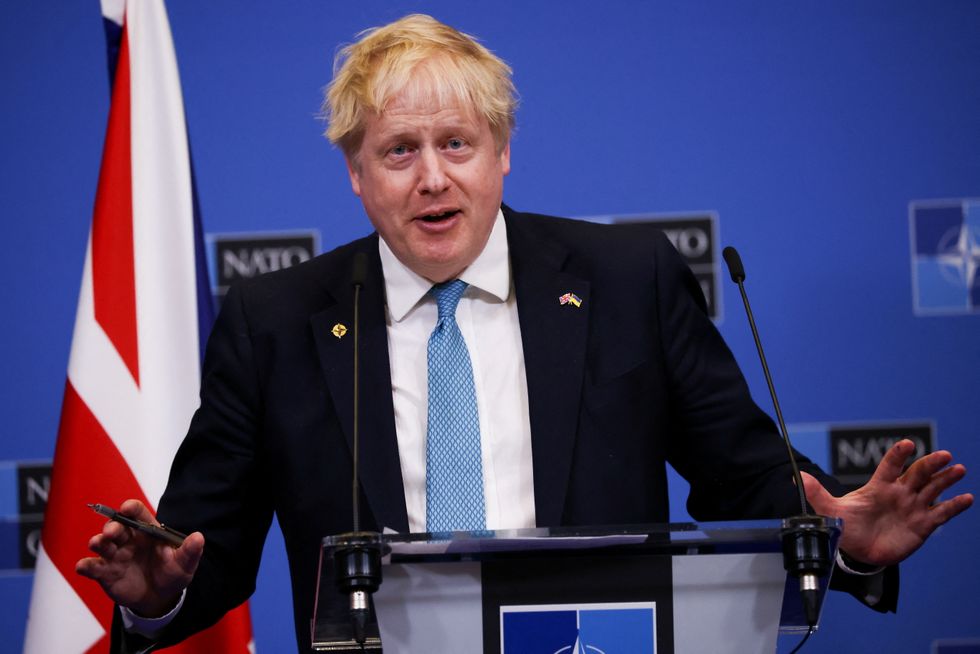Labour Party now more trusted than the Tories on taxes and public spending - poll finds

British Labour Party leader Keir Starmer arrives at the BBC headquarters in London, Britain, March 6, 2022. REUTERS/Henry Nicholls
HENRY NICHOLLS











